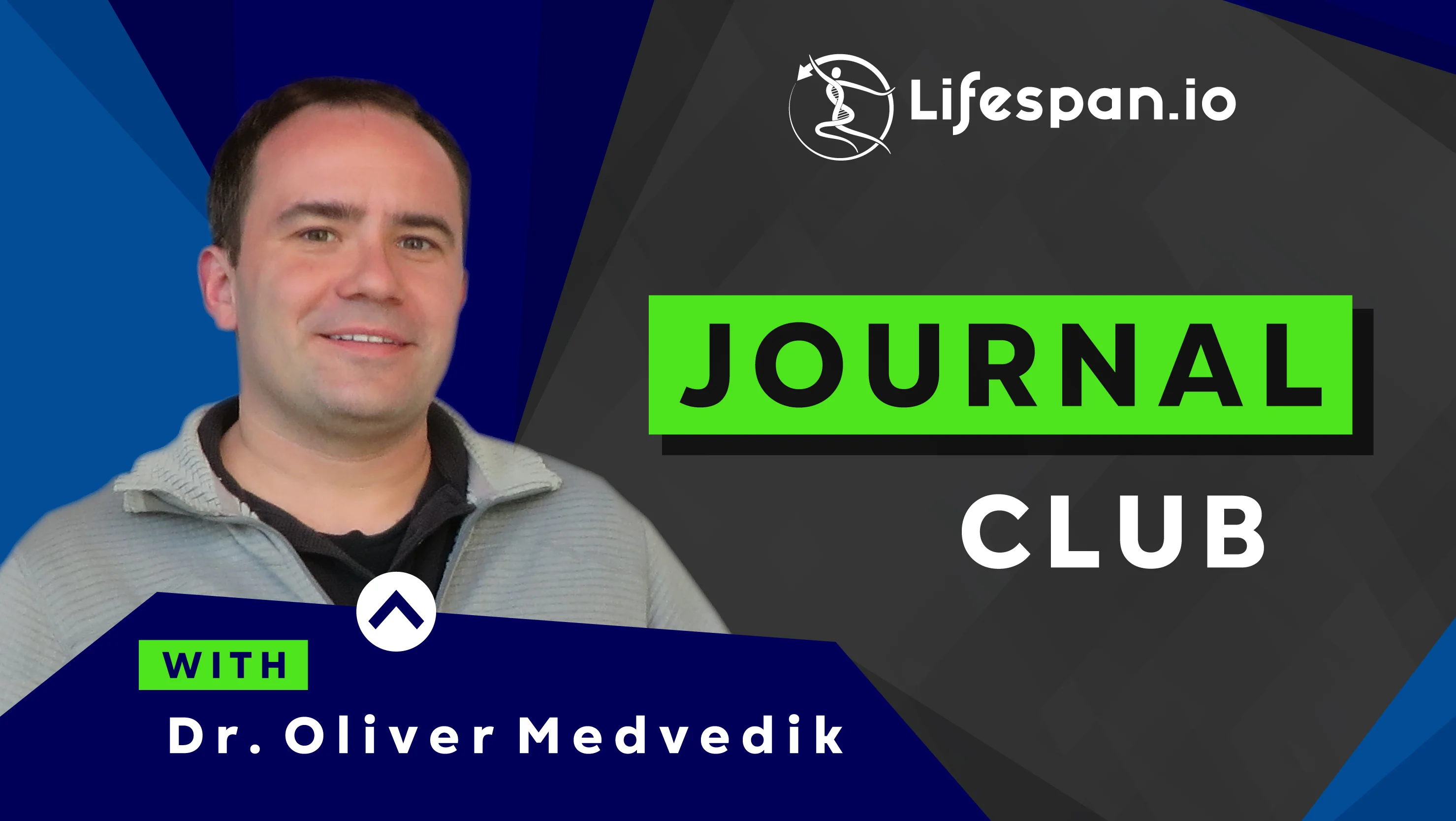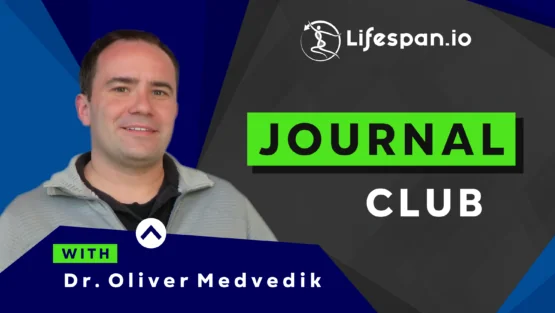The Journal Club, hosted by Dr. Oliver Medvedik, returns on February 2nd at 12:00 Eastern time on the Lifespan.io Facebook page. This time, we will be exploring The Information Theory of Aging, a new paper that includes Dr. David Sinclair among its authors. We will taking a deep dive into this more recent aging theory, which explains aging as a loss of information that leads to old age, ill health, and ultimately death. There are researchers working on solutions to this loss of information; join us as we review this paper and see how it stacks up against other popular theories.
Abstract
Information storage and retrieval is essential for all life. In biology, information is primarily stored in two distinct ways: the genome, comprising nucleic acids, acts as a foundational blueprint and the epigenome, consisting of chemical modifications to DNA and histone proteins, regulates gene expression patterns and endows cells with specific identities and functions. Unlike the stable, digital nature of genetic information, epigenetic information is stored in a digital-analog format, susceptible to alterations induced by diverse environmental signals and cellular damage. The Information Theory of Aging (ITOA) states that the aging process is driven by the progressive loss of youthful epigenetic information, the retrieval of which via epigenetic reprogramming can improve the function of damaged and aged tissues by catalyzing age reversal.
Join us for the livestream
As a Lifespan Hero, you can join us live on the call and take part in the discussion using the information below:
Join the callMeeting ID: 363 086 8433
Passcode: 049746


